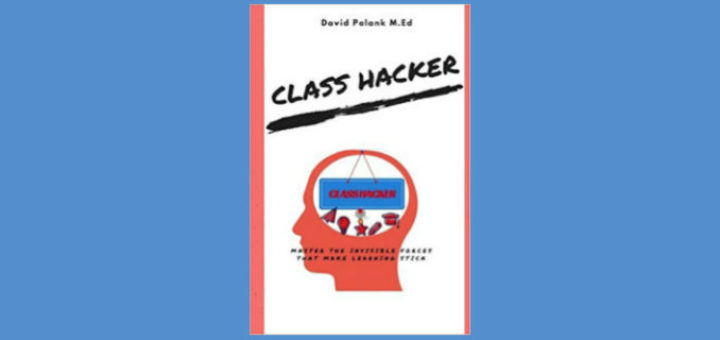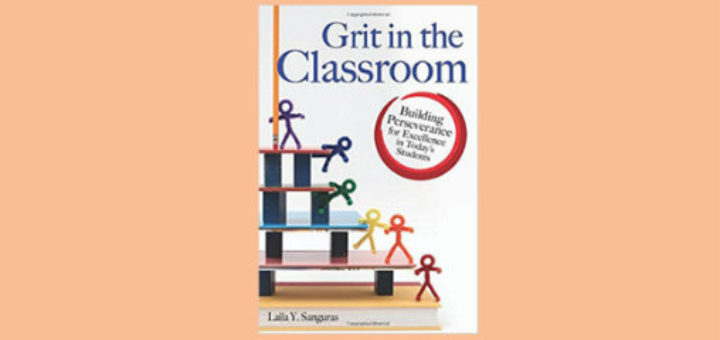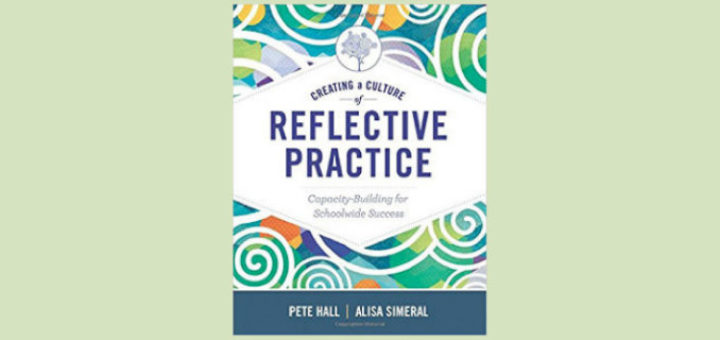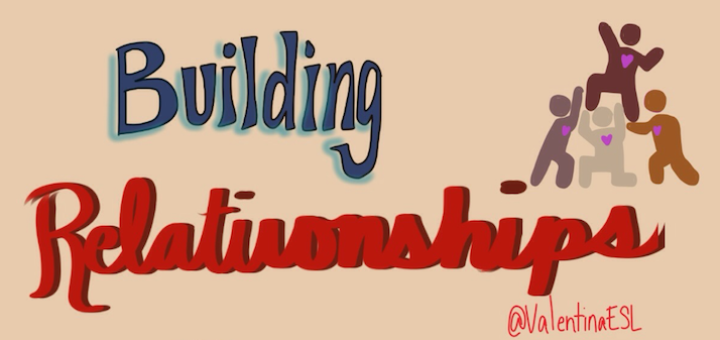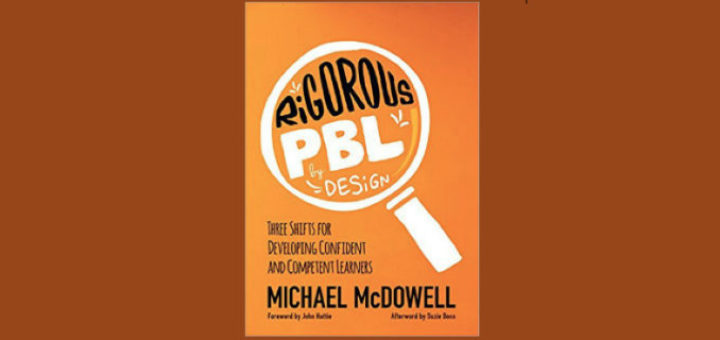Teaching and learning in grades 4-8
Lauren Brown and her middle schoolers are in the sweet spot of the school year – settled after the holidays and with spring break in the distance – a perfect place to deepen learning built on established relationships and student skills developed over past months. Snow days help, too.
Ongoing shared professional learning helps bolster teachers’ willingness to embrace change and collaborate. Barbara Blackburn and Ron Williamson highlight three targeted activities: learning walks, lesson studies, and a strategy to develop consistent expectations.
David Palank’s Class Hacker is so enthusiastically and conversationally presented and informative that it needs to get into the hands of teachers in order to change instruction, writes former principal and writer Mary Langer Thompson.
Laila Sanguras helps educators better understand the nature of grit and think about how to build a culture of grit for all students, including the gifted. Reviewer Linda Bollendorf says the author, a former middle grades teacher, writes with humor and practicality.
Hall and Simeral use an entertaining yet professional voice to share their decade-long research aimed at implementing a process of teacher self-reflection and collaboration across entire schools that positively impacts instruction and results in higher student learning.
For many students, grammar is mostly about memorizing rules and having teachers correct their mistakes. Author Sean Ruday’s Bachelor Grammar activity helps them see how authors use grammatical concepts purposefully to make a piece of writing as strong as possible.
Great educators don’t exist in a vacuum. More often than not they are supported by loved ones who also play a part in the accomplishment of a teacher’s daily miracles. Consultant Debbie Silver describes how spouses, children, and parents share in the teaching life.
When Michelle Russell began teaching, she was always surprised when students said they didn’t like math. She’s not surprised any longer. After considering some of the roadblocks to loving math, she shares the goals she’s established to help reach more of her students.
Middle grades English language learners and especially new immigrants can feel vulnerable in the classroom. How can teachers build relationships with our ELLs to help them feel safe and more open to learning? ELL specialist Valentina Gonzalez shares five proven techniques.
After outlining the three design shifts in clarity, challenge and culture Michael McDowell calls for in Rigorous PBL by Design, teacher Rebecca Berger recommends PBL educators and leaders of PBL-focused schools take the time to read this dense but informative book.



